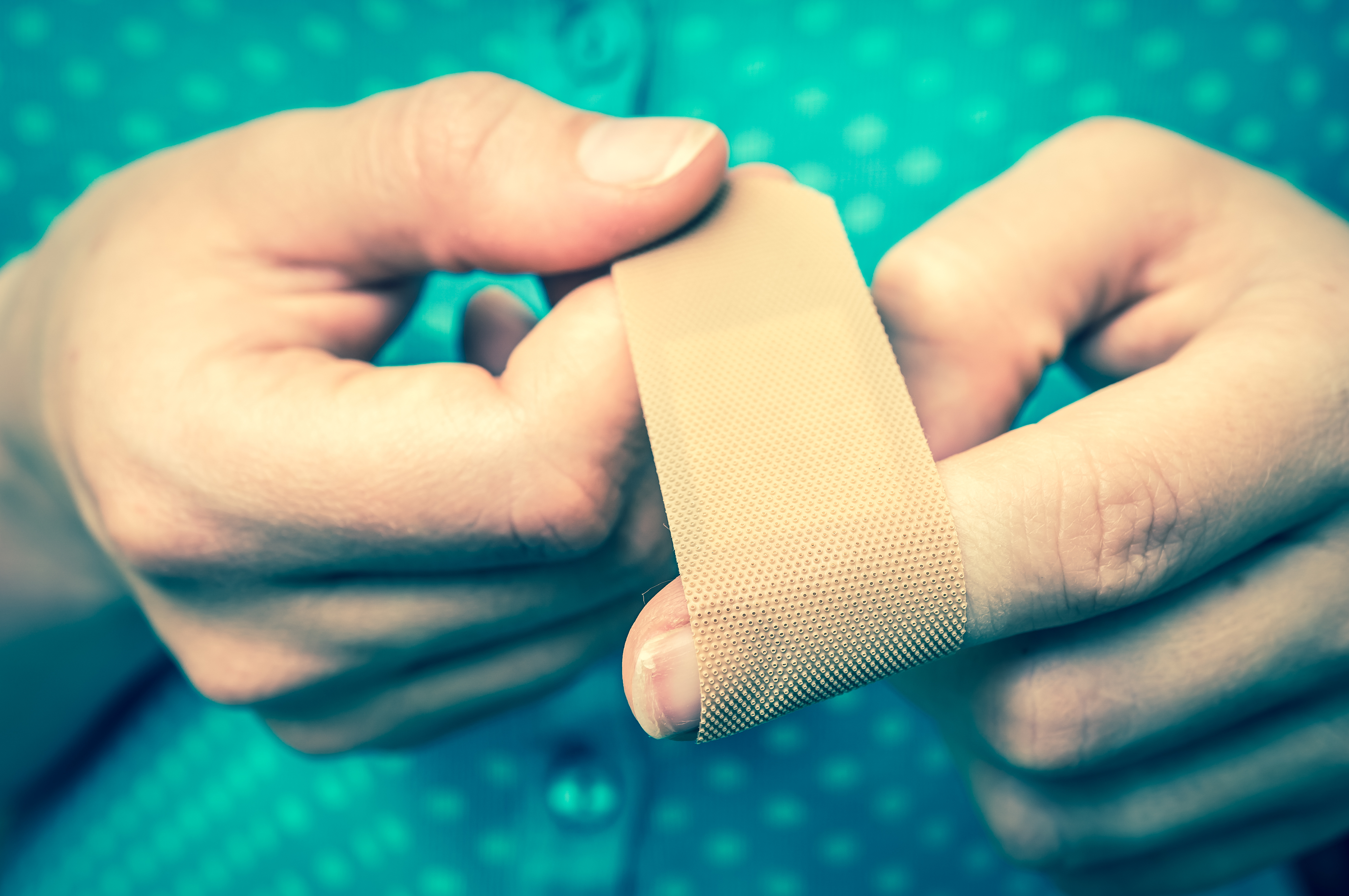For many of us, the sounds of childhood included a parent yelling, “Don’t scratch that!” Whether it was a skinned knee or scraped elbow, the temptation to scratch an itchy wound has always been hard to resist.
But annoying as that itch is, there is a reason for it.
Here’s how it works:
Skin contains nerves that detect irritation, and these nerves send signals to the spinal cord saying: “There is an itch here. See what’s going on.” This could be as subtle as a bee or tick crawling on your arm, and in case such as those, it serves as a warning against potential danger.
As a wound starts to heal, though, it triggers the same reaction because cells at an injury site are busier than their counterparts elsewhere, which causes your body to pay more attention to them.
There are a few stages of wound healing:
- Inflammatory phase
A clot has formed and the bleeding has stopped. The body sends antibodies, enzymes and nutrients to begin the healing process, which can lead to swelling and tenderness. - Proliferation
New blood vessels grow into the damaged area, and special cells lay down collagen, a protein that gives our skin strength and elasticity, to promote wound closure. - Remodeling
The collagen matures and becomes more like the tissue it’s replacing, eventually creating new skin.
Why you shouldn’t scratch
During all these phases, that new tissue is sensitive, and scratching can remove or damage it. That slows recovery and can lead to scarring or infection.
What to do
As your mom said, keep your hands off!
But also take these steps to promote faster healing and reduce your itchy window:
- Wash the area gently with soap and water to remove any dead cells
- Protect the area with a bandage or dressing to keep clothes from causing irritation, and keep bacteria out
- Apply a cool compress for short periods to numb the area and reduce itching, and
- Consider an anti-itch cream if itching persists and becomes unbearable. Over-the-counter versions should suffice, or your physician may prescribe a stronger option.
The temptation to scratch an itch can be hard to overcome, but taking preventive steps or preoccupying your hands with other activities will allow your body to do the important work of healing.
To learn more about how to prevent itchy skin, check out our guide to winter skin care.
Get more information about specific health terms, topics and conditions to better manage your health on bcbst.com. BlueCross BlueShield of Tennessee members can access wellness-related discounts on fitness products, gym memberships, healthy eating and more through Blue365®. BCBST members can also find tools and resources to help improve health and well-being by logging into BlueAccess and going to the Managing Your Health tab.



1 Comment
WellTuned provides inspiration and practical advice for healthy living.
WellTuned does not offer medical advice. Any personal health questions should be addressed to your doctor.